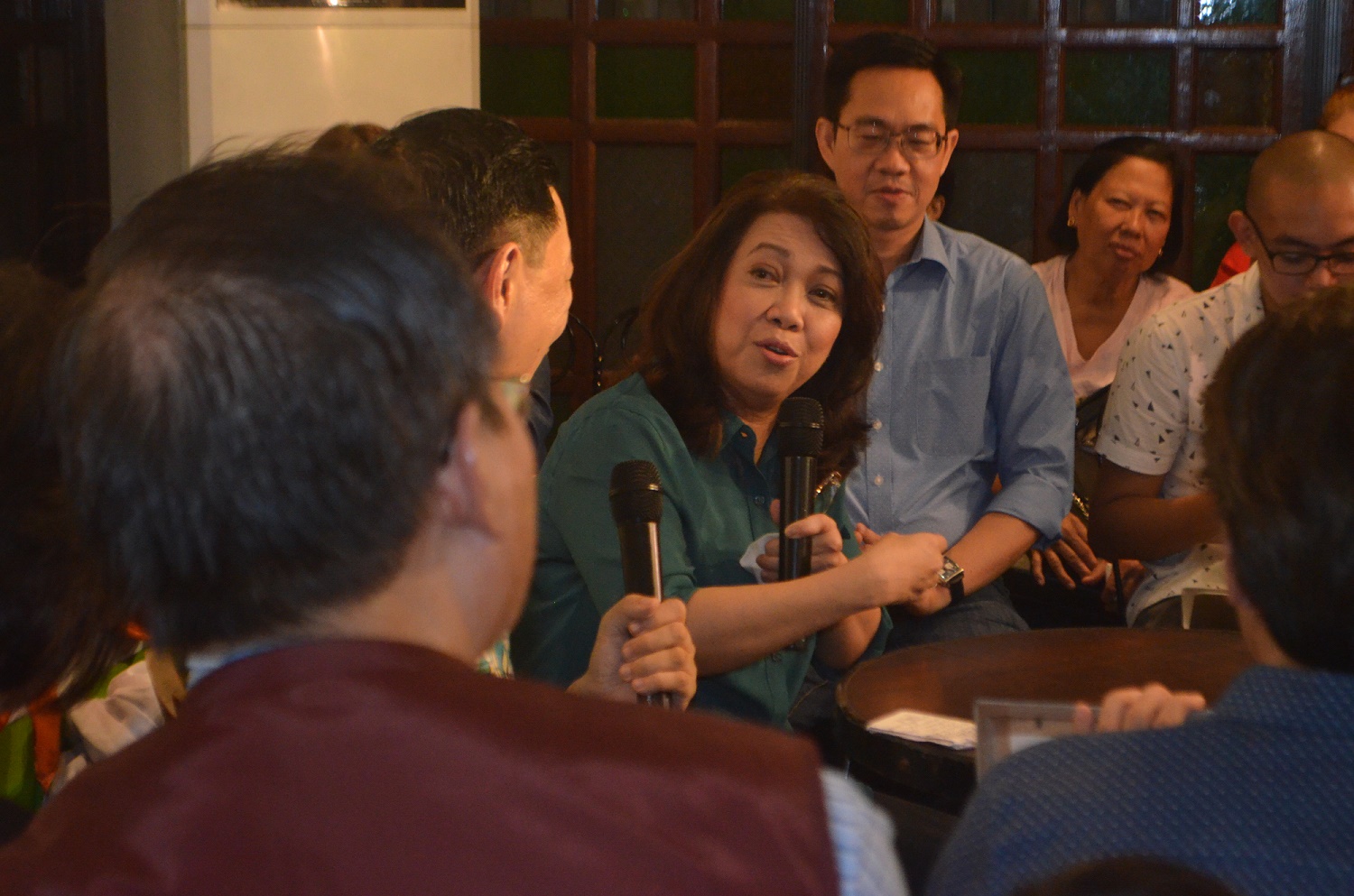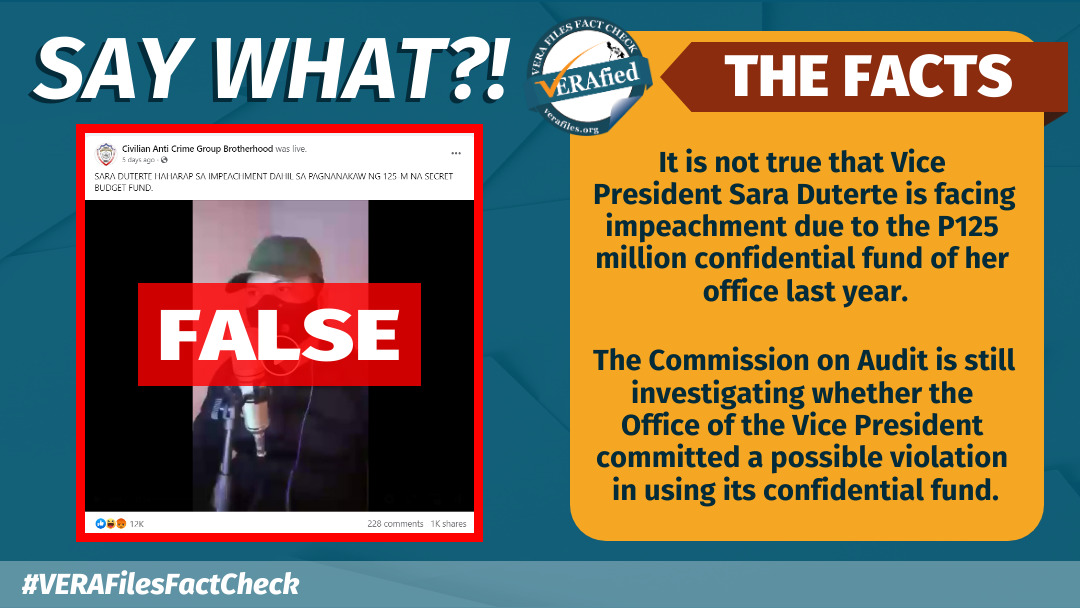The House of Representatives Nov. 22 resumed its impeachment hearing on the complaint against Chief Justice Maria Lourdes Sereno.
While the support of only 98 or one-third of all House members is enough to transmit the complaint to the Senate for trial, impeachment is more than just a numbers game.
In her verified answer, Sereno called impeachment an act of “political justice,” which she said “does not mean it is an entirely political process.”
“To do justice or to see that justice is done is essentially to act comfortably with the law and the facts,” the answer read.
The impeachment cases of two former chief justices help shed light on what this means.
The Davide impeachment cases
In 2003, two impeachment complaints were lodged against former Chief Justice Hilario Davide Jr. The first was found insufficient in substance and junked; the second, filed five months after, received the minimum number of signatures from the House.
Yet, because the Constitution forbids the initiation of impeachment cases against the same official more than once in a single year, the Supreme Court halted the proceedings.
Congress might have the sole power to initiate and try impeachment cases, but the Supreme Court said it was exercising its power of judicial review, which it described as:
“The duty of the courts of justice to settle actual controversies involving rights which are legally demandable and enforceable, and to determine whether or not there has been a grave abuse of discretion amounting to lack or excess of jurisdiction on the part of any branch or instrumentality of the government.”
Source: G.R. No. 160261 Francisco, E. et. al. vs. The House of Representatives
The Corona impeachment, trial and removal from office
On Dec. 2011, the House of Representatives impeached former Chief Justice Renato Corona, and transmitted the complaint to the Senate. Trial began in Jan. 2012.
Several petitions were filed at the Supreme Court seeking to restrain the trial on the grounds of lack of due process and the impeachment complaint being improperly verified.
Corona was convicted in May before the Supreme Court could issue a ruling; it did so, in July, dismissing the petitions for mootness.
Nonetheless, Senator Juan Ponce Enrile, who presided over the trial, censured the prosecution for the questionable factual basis, and what he called “loose and hasty crafting and preparation” of the impeachment complaint.
He said:
“It seems that the case was built up only after the charges were actually filed. The repeated recourse to this Court’s compulsory processes to obtain evidence which normally should have formed the factual basis of the charges in the first place further burdened and, at times, taxed the patience of this Court.”
Source: Record of the Senate Sitting as an Impeachment Court, May 29, 2012
He eventually voted to convict, but lengthily cited the testimony and admissions of Corona himself during the trial, which he noted was “later adopted by the defense as the direct testimony” of the former chief justice.
Sources:
Verified Answer of Chief Justice Maria Lourdes to the Impeachment Complaint filed by Lorenzo Gadon
Supreme Court, G.R. No. 160261 Francisco v House of Representatives
Supreme Court, G.R. No. 200242 Corona v Senate of the Philippines
Senate of the Philippines, Record of the Senate Sitting as an Impeachment Court
(Guided by the code of principles of the International Fact-Checking Network at Poynter, VERA Files tracks the false claims, flip-flops, misleading statements of public officials and figures, and debunks them with factual evidence. Find out more about this initiative.)





